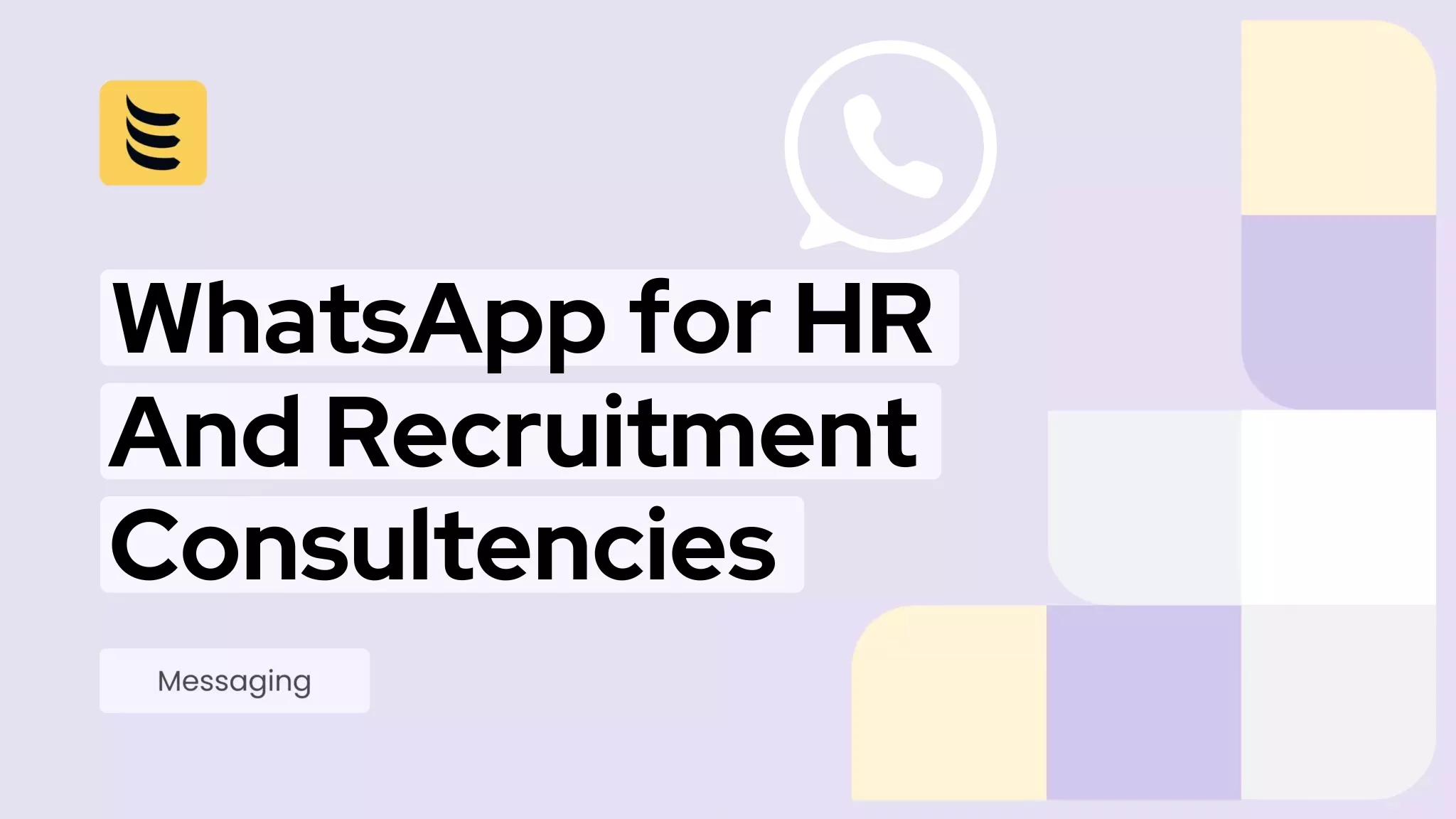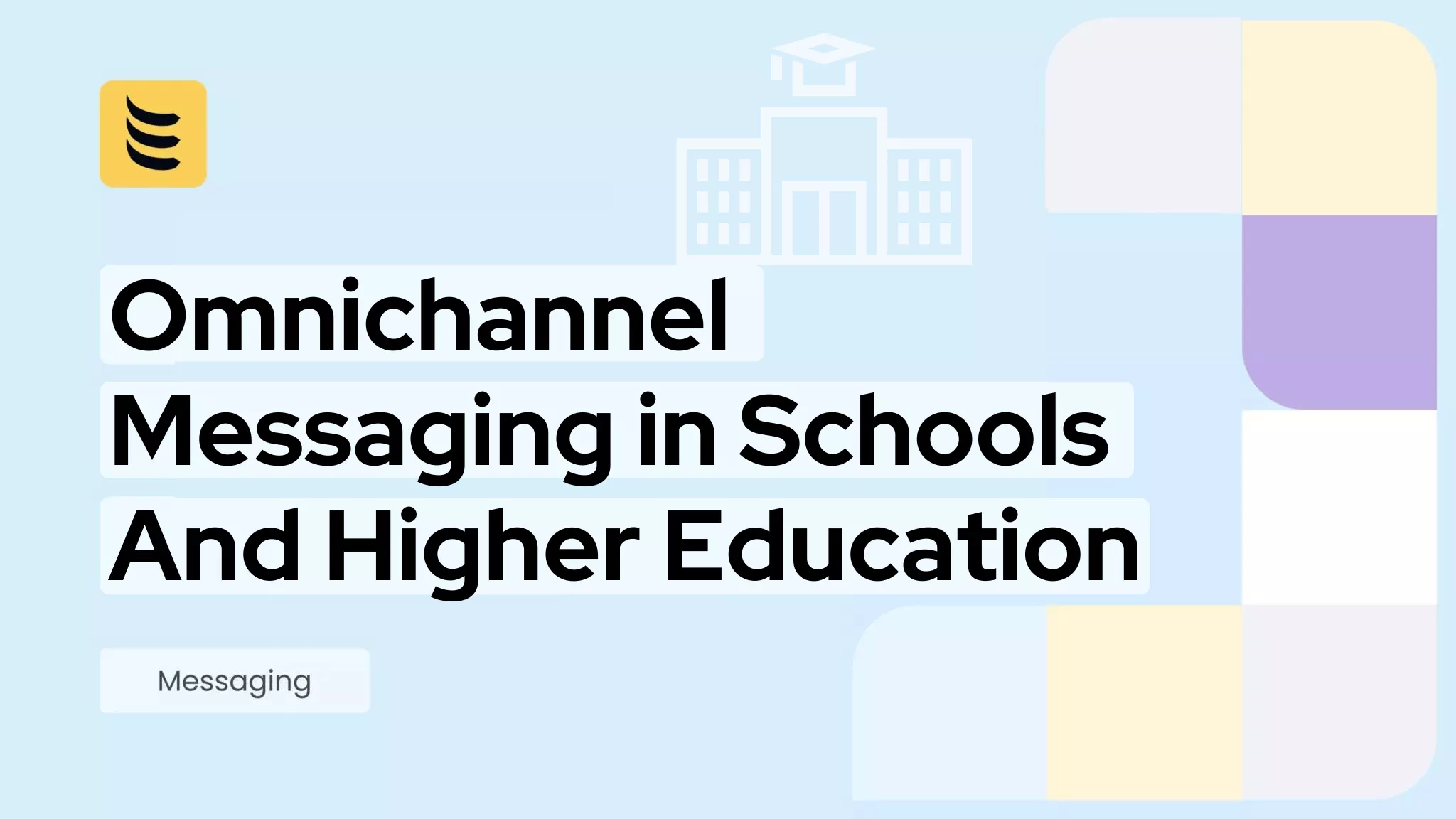There numerous different players involved in the VoIP market and it can be hard to understand what they all do. There are resellers, service providers and carriers, for example, all of which fulfil slightly different roles. Let’s have a look at what a carrier is and what services it offers.
Call origination
Origination involves the interfacing between the VoIP system and the PSTN system. It involves collecting a call that started on PSTN and passing it to a VoIP service to be carried over the internet. Wholesale VoIP carriers provide origination services, and for the end users, this means a saving in both money and time compared to using a traditional telephone provider, because you are not paying for fixed infrastructure.
VoIP origination services also make it possible to access numbers in different countries. If you do business internationally, therefore, they can help you make substantial savings compared to traditional long-distance calling rates.
Voice termination
If origination involves calls starting on the PSTN and ending on VoIP, then the definition of termination is the opposite, wherein calls begin on VoIP and are completed through the traditional public switched telephone network.
The majority of VoIP providers have call termination services available as part of their offering, making for plenty of competition when you’re looking for a supplier. This is good for the buyer as more competition means lower prices and a greater choice of packages.
Free calling
Freephone or ‘toll free’ numbers, allowing customers to call in without charge, are increasingly popular in business. A free number offered over VoIP gives your business a cheaper way of offering this service compared with the charges you would incur with a PSTN provider. Offering free calls helps to attract customers and improves the market perception of your firm. It can also help a small business to appear like a much larger one.
International A-Z termination
We know that termination involves VoIP calls ending up on the traditional phone network. International A-Z means that the provider offers call termination services to every country in the world. If you do a lot of business overseas, it’s important to ensure that your service provider offers maximum coverage.
Having the ability to terminate calls internationally will give your business more flexibility when calling overseas, as well as enabling you to make significant cost savings.
Metropolitan networks
A metropolitan area network or ‘Metro Ethernet’ is a system that allows city areas to connect to the internet using Ethernet technology. This means that a large area can connect to the network and if businesses have several branches within the same city, they can all connect to the same network. The advantage of connecting via Ethernet is that it offers cost-effective bandwidth as well as ensuring the reliability of connections, allowing your business to run smoothly. It can also help you save money on connection and support costs.
Emergency calling
VoIP providers need to ensure that their users are able to access emergency calling to the 999 service. This means that providers need to comply with the US FCC E-911 standard, so that the location details of the call are automatically passed on to the emergency operator.
Bear in mind, however, that access to the internet relies on having power, so you need a mobile or some other way of making emergency calls in the event that your main system is unavailable.
Fax services
Fax may be a 1980s technology, but it’s still used by many businesses. Wholesale VoIP carriers usually offer some sort of fax feature as part of their service. These are not only more reliable than old-fashioned fax machines but they are also more flexible. Documents can be faxed without needing to print them out, for example, and they can be received via email so you can send and receive them from mobile devices wherever you are located. A VoIP fax service helps you save time and eliminate the power, consumables and maintenance costs associated with a fax machine.
API connection
An Application Programming Interface (API), is a system software component that allows you to connect to a VoiP system from other software. This means that you can interface to your phone system from other programs such as ERP, eCommerce or CRM. It also allows you to build your own in-house VoIP apps, should you wish to do so.
Eliminate hardware
With traditional PSTN systems you need to have PABX hardware on site. This uses power and is costly to maintain. You can still go down this route with VoIP, but a wholesale carrier also allows you the option of having your phone system in the cloud. This offers you cost savings and gives you far more flexibility in managing the service and scaling it as your business needs change.




